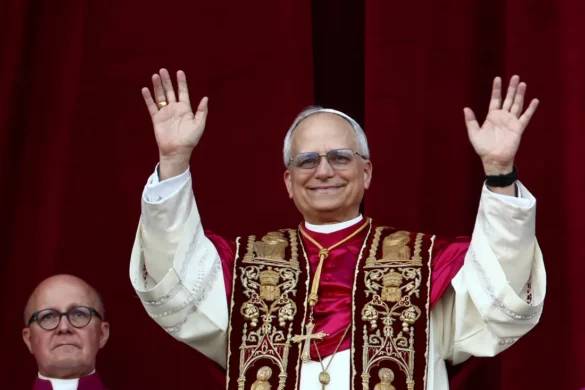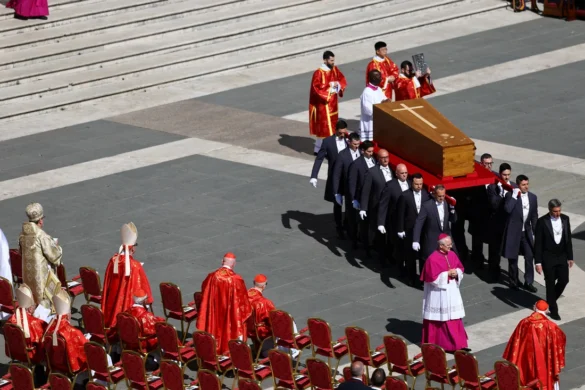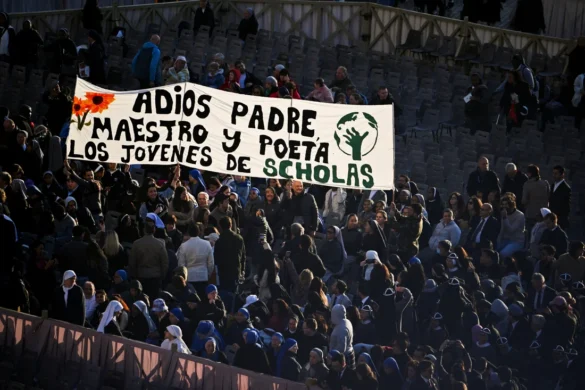Britain is gearing up for rows with the EU over the structure of divorce talks and the future role of the European court, fuelling an increasingly bitter war of words before negotiations begin.
David Davis, Brexit minister in Prime Minister Theresa May’s government, described the EU’s position on the talks’ format as “illogical” and said he took “slight offence” to suggestions that European courts were better than those in Britain.
The atmosphere between London and Brussels has soured in recent weeks as battle lines are drawn before the complex negotiations for Britain to leave the European Union are due to start next month, a year after June’s referendum vote to quit.
Asked about the EU’s stance that the two sides should first make progress on citizens’ rights, the border between Northern Ireland and the Republic of Ireland and a financial settlement before starting discussions on a future relationship, Davis said the sequencing was “illogical”.
“How on earth do you resolve the issue of the border with Northern Ireland and the Republic of Ireland unless you know what our general borders policy is, what the customs agreement is, what the free trade agreement is, whether you need to charge tariffs at the border or not?” he asked on Britain’s ITV.
“You can’t decide one without the other, it’s wholly illogical … That will be the row of the summer.”
He also said Britain was ready to argue against allowing the European Court of Justice to oversee the rights of EU citizens living in Britain after the country left the bloc.
“There will be arguments over fine detail … like whether the European Court of Justice oversees these rights after we’ve left,” Davis said. “We’ll have an argument about that … The simple truth is that we are leaving, we are going to be outside the reach of the European court.”
Davis again said that leaked details of an encounter dubbed the “disastrous dinner” between May and EU officials was “designed to be as disruptive as it could be” – echoing May’s comments that she has used to bolster her calls in an election campaign to say only she can win a good deal with Brussels.
“The raw truth is that we want to see the whole deal together,” he said. “They love saying ‘nothing is agreed until everything is agreed’ and that is our view on this.”




